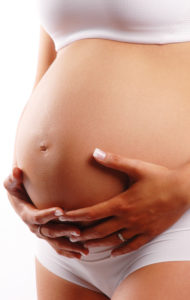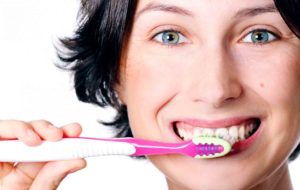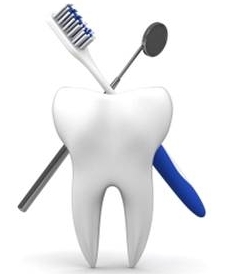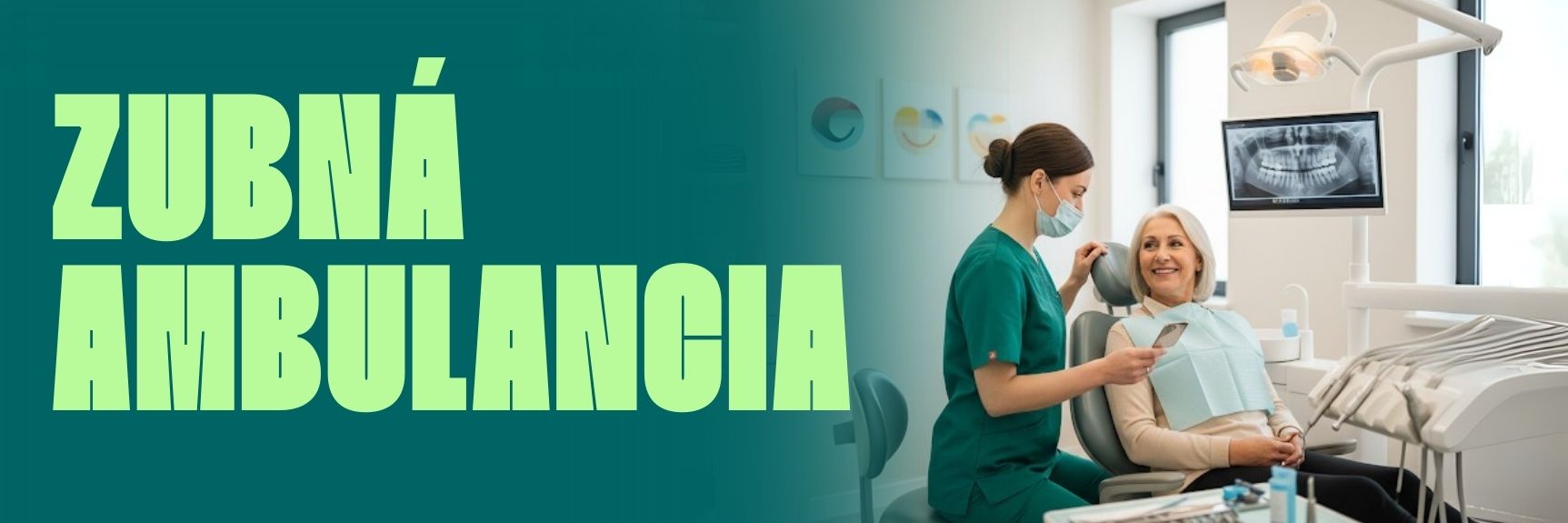 Should I get dental treatments during pregnancy?
Should I get dental treatments during pregnancy?
It’s very important for pregnant women to have regular dental hygiene check ups and cleanings, and of course to take care of their teeth to prevent problems and gingixostomatitis.
During pregnancy, hormonal balance changes significantly and subsequent cause of tooth decay due to increased acidity in the oral cavity. As a result of the pregnancy hormone changes, gums may swell which can lead to so-called pregnancy gingivitis.
Regular visits to the dental hygienist can prevent these problems. Dental health for pregnant women in the first trimester is especially difficult because they are often sick several times a day. Due to vomiting, acidity may excrete through the mouth into the contents of the stomach. This acidity collects on teeth and will immediately begin etching. If teeth are cleaned immediately after vomiting, the more soft enamel will start to decrease on teeth due to the acidity. After vomiting it is best to thoroughly rinse the mouth several times with pure water or with baking soda and brush the teeth 20-30 minutes later with a non-abrasive fluoridated toothpaste.
It is important for pregnant women to know that most dental and oral treatment can be carried out, except in the first and third trimester. The teeth must be taken care of properly or decay will occur. Flossing and brushing between meals is essential for everyone especially pregnant women. What happens is many women are sick early in their pregnancy and exhausted, and don’t feel like taking care of their teeth. They need to pay attention to their dental hygiene by flossing between tooth spaces, and brushing regularly so the teeth will not start to decay.
Which dental treatments can be performed during pregnancy? In the first trimester (up to 3 months) a complete examination of the state of the teeth, oral hygiene, periodontal and mucous membranes is adviced. It is recommended to have a dental X-ray taken before pregnancy.
Complex treatment of teeth and periodontal inflammation in the first trimester associated with stress and use of chemicals can interfere with the formation of fetal organs.
In the second trimester (from 4 to 7 months) all necessary treatments can be done (fillings, pulling the untreated teeth out, performing deep cleaning with periodontal periodontitis). Severe inflammatory conditions that could cause bacteria, are treated with an antibiotic clone (antibiotics that do not harm the fetus).
In the third trimester (from 7th to 9th month) the dentist should check the state of oral hygiene given to mom. Complicated treatment at the end of pregnancy (after the 7th month) could induce stress.
We recommend two dental hygiene sessions during pregnancy. Contact us with any questions or to schedule an appointment.







